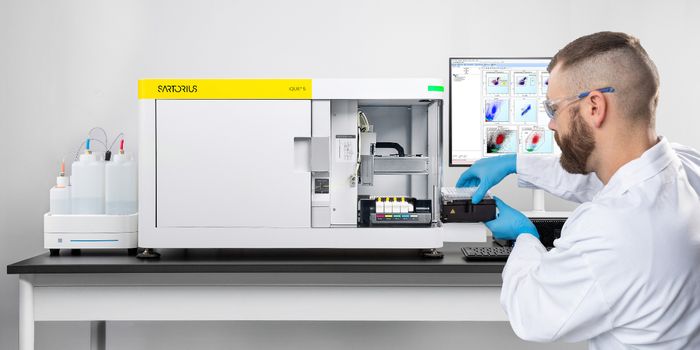Nisin, a naturally occurring preservative found in many foods, is showing promise as a way to fight cancer and antibiotic-resistant bacteria.
Feeding rats a high-dose “nisin milkshake” killed 70 to 80 percent of head and neck tumor cells after nine weeks and extended survival, says Yvonne Kapila, professor at the University of Michigan School of Dentistry.
The dosage of 800 mg/kg given to mice would translate to a pill a little bigger than a third of an Advil per kilogram of body weight for people.
While promising, it’s too early to say if nisin will act the same way in humans, Kapila says.
Nisin also fights deadly bacteria such as antibiotic-resistant MRSA. In a recent review paper, Kapila’s group looked at experimental uses of nisin to treat 30 different types of cancer; infections of the skin, respiratory system, and abdomen; and oral health problems.
“To date, nobody has found bacteria from humans or living animals that are resistant to nisin,” Kapila says.
Two things make nisin lethal to bacteria: It binds to a static area of bacteria, which gives it the opportunity to work before bacteria changes into an antibiotic-resistant superbug, and it kills biofilms—colonies of bacteria that group together into a fortress that thwarts antibiotics.
Another positive is that nisin has withstood the test of time, Kapila says. “Mother Nature has done a lot of the research for us—it’s been tested for thousands of years.”
The next step will be to test it in in a clinic setting.
“The application of nisin has advanced beyond its role as a food biopreservative,” Kapila says. “Current findings and other published data support nisin’s potential use to treat antibiotic-resistant infections, periodontal disease, and cancer."
The findings appear in the
Journal of Antimicrobial Chemotherapy.
This article was originally published on
futurity.org.









